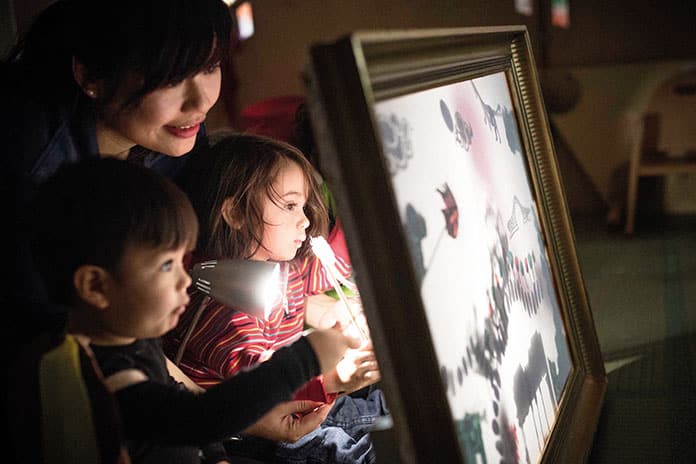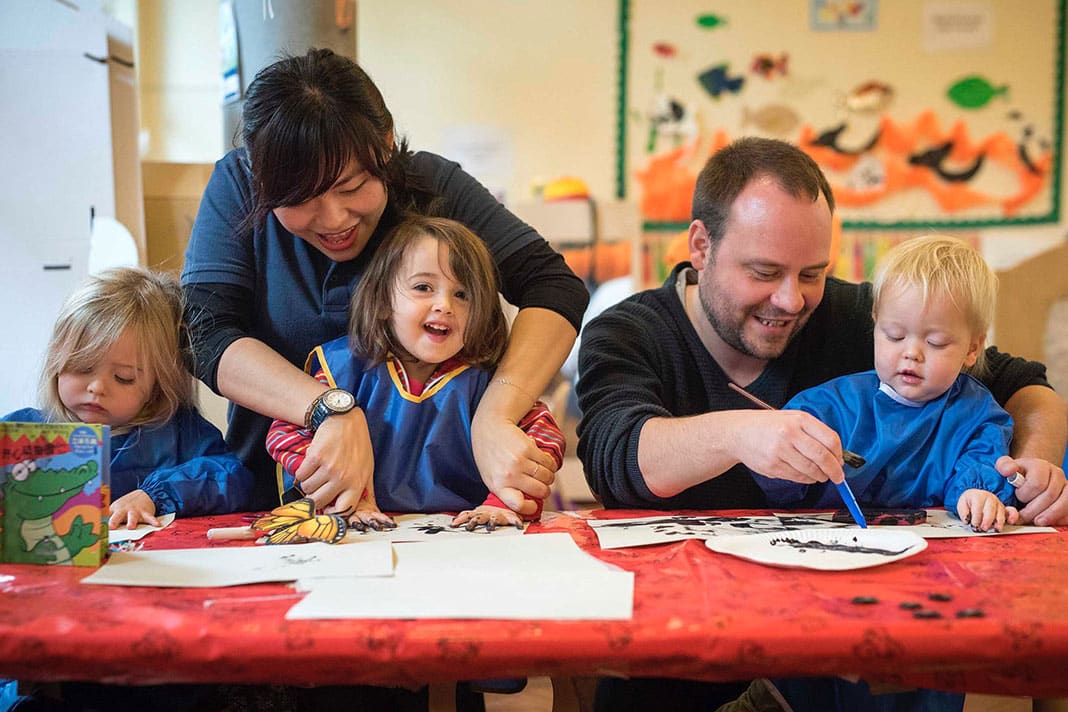Cennydd John, Founder of Hatching Dragons, the UK’s first bilingual Mandarin-English nursery school provision, talks about the origins of his school, the benefits of bilingualism
It was 2012. I had returned from China where I had set up an educational consultancy that had focussed on helping Chinese children study abroad amongst other things. And I was about to have a baby.
For the first time, I was faced with the many questions that most parents have to face here in the UK. And childcare – the who, where, what and at what price (emotional and financial) – was chief amongst those concerns.
My boy was born in December 2012 and like a dutiful parent with professional ambitions, I researched childcare provision in advance. And I couldn’t escape the feeling that, no matter how lovely the people or places were (some were, some weren’t), I could probably do a better job myself, in terms of values, basic academics, creativity and, critically, broadening his horizons. After all, I felt that I was pretty literate and numerate, I had lived in China and learnt the language and I wanted something that might provide that breadth of experience somehow. For the price that I was being asked to pay for much of the monolingual provision I saw, I thought that there should be something more on offer – something that parents might not be able to provide at home to justify the cost and the sacrifice that they would have to make.
The more I researched early years education, childcare and nursery schools in the UK, the more I thought about what I would value as a parent and what kind of education could be delivered, in line with that expectation. For me, that something extra was language – Mandarin specifically – and an educational ethos that spoke to the global community and different cultures. In a politically polarised and turbulent age, it’s all the more important that educational provision speak to inclusion and more cultural awareness.
My extensive research found that whilst there were over 180 bilingual Mandarin immersion early years programmes and models in the US alone (not to mention those in Canada, Australia, Singapore etc) but there was nothing in the UK. Why not?

Current research on bilingualism in the early years is shown to augment cognitive development. Ellen Biyalstock’s work at York University looks at “bilingual benefit” – enhanced concept formation, analytical reasoning, improved memory retention and concentration and more – all of which ultimately lead to higher academic achievement later in life. The fact that Mandarin became formally incorporated into the National Curriculum in the UK in 2015 meant that more primary schools would be teaching it. Nurseries to develop basic fluency prior to school age made all the more sense to me.
We opened our first nursery in the Barbican in the summer of 2015. Our second in Twickenham followed in September last year. Our third is due to open in Westminster this Spring. I like to think our growth is a reflection of how many parents share my views on the importance of bilingualism and of interculturalism and our success in delivering it. Ofsted certainly see it and our youtube channels showcase our non-Chinese children speaking Mandarin after only two years.
My hope is that we can offer a little seed-change in early years education – that bilingualism can become the norm, and monolingualism the exception.
T: 0203 912 2900






NO COMMENT